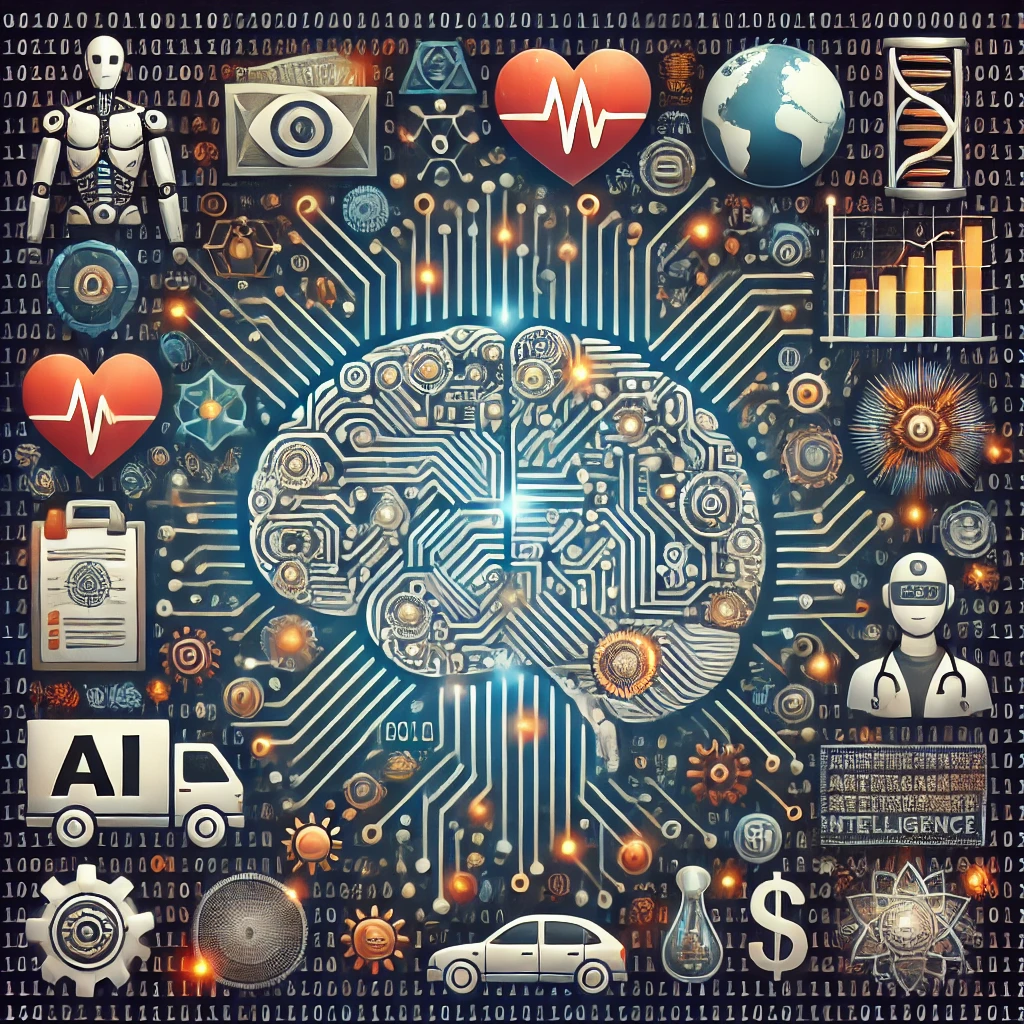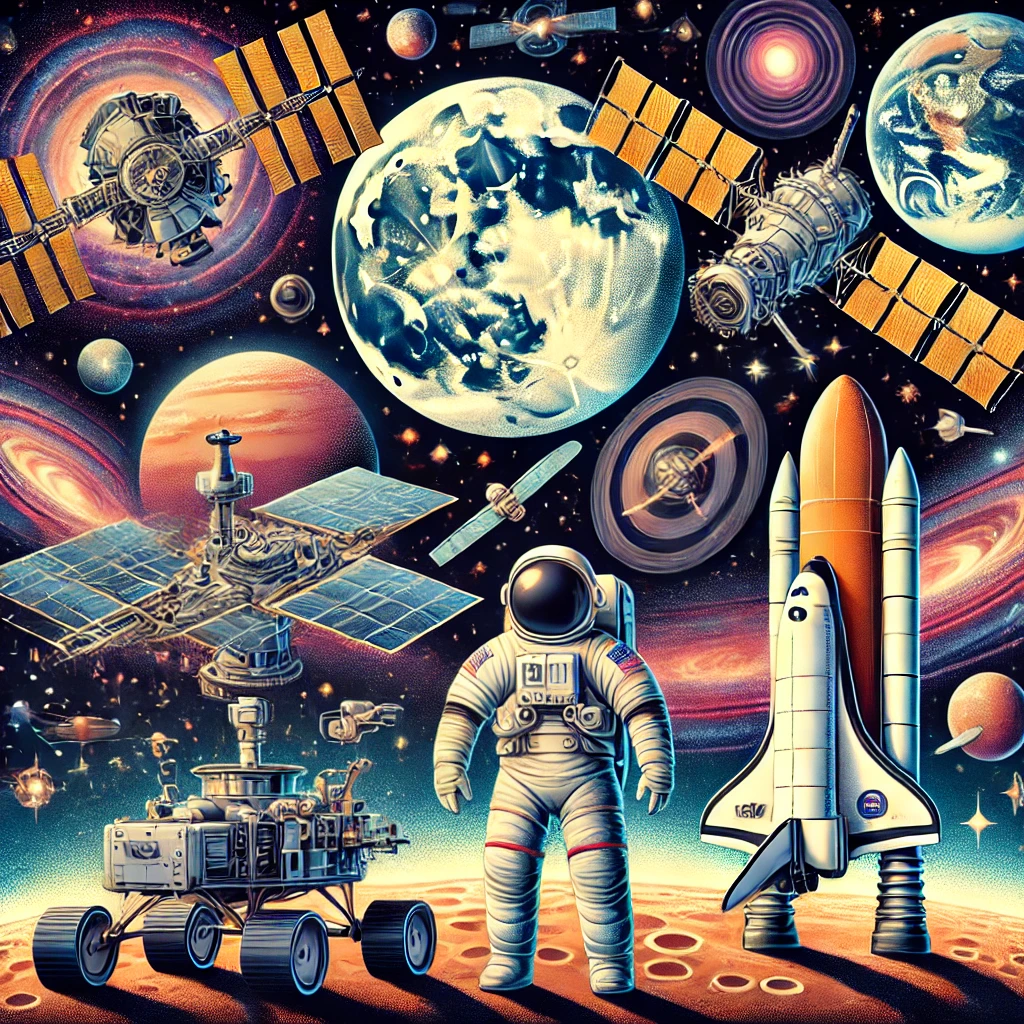7 Intriguing Facts About Artificial Intelligence
1. Origins
The concept of Artificial Intelligence (AI) can be traced back to ancient myths and stories of automata—mechanical beings with human-like abilities. However, the formal term “Artificial Intelligence” was coined in 1956 during the Dartmouth Conference by John McCarthy, Marvin Minsky, Nathaniel Rochester, and Claude Shannon. This conference marked the beginning of AI as an academic discipline, setting the stage for decades of research and development in creating machines capable of performing tasks that typically require human intelligence.
2. Machine Learning
Machine learning is a core component of AI that enables systems to improve their performance over time without being explicitly programmed. By analyzing large datasets, machine learning algorithms can identify patterns and make predictions or decisions based on new data. This process involves training models on historical data and then using these models to make inferences or recognize patterns in unseen data. Machine learning is widely used in applications such as image and speech recognition, recommendation systems, and fraud detection.
3. Applications
AI has a broad range of applications across various fields:
- Healthcare: AI is used for diagnosing diseases, personalizing treatment plans, and analyzing medical images. For instance, AI algorithms can detect early signs of cancer in radiology scans with high accuracy.
- Finance: AI helps in fraud detection, algorithmic trading, credit scoring, and customer service through chatbots.
- Automotive: AI is critical in the development of autonomous vehicles, enabling them to navigate, recognize objects, and make real-time decisions.
- Entertainment: AI powers recommendation engines on platforms like Netflix and Spotify, and it is used in creating realistic animations and virtual characters in video games and movies.
4. Turing Test
The Turing Test, developed by British mathematician and logician Alan Turing in 1950, is a measure of a machine’s ability to exhibit intelligent behavior indistinguishable from that of a human. In the test, a human evaluator interacts with a machine and a human without knowing which is which. If the evaluator cannot reliably distinguish the machine from the human, the machine is said to have passed the Turing Test. This concept has inspired much of the research in AI aimed at creating machines that can think and act like humans.
5. Ethical Concerns
The rapid advancement of AI technology raises several ethical concerns:
- Privacy: AI systems often require large amounts of data, raising concerns about how personal information is collected, stored, and used.
- Job Displacement: Automation and AI-driven systems can lead to job losses in certain sectors, necessitating discussions on workforce retraining and economic policies.
- Decision-Making: AI systems making critical decisions in areas like law enforcement, healthcare, and finance must be transparent, fair, and unbiased. There are concerns about AI systems reinforcing existing biases present in training data.
- Autonomy: The development of autonomous weapons and AI in military applications raises questions about accountability and the moral implications of delegating life-and-death decisions to machines.
6. Deep Learning
Deep learning is a subset of machine learning that involves neural networks with many layers—hence the term “deep.” These neural networks are designed to simulate the way the human brain processes information. Deep learning algorithms excel at analyzing complex and high-dimensional data, making them particularly effective for tasks like image and speech recognition, natural language processing, and game playing. Technologies like convolutional neural networks (CNNs) and recurrent neural networks (RNNs) have driven significant advancements in AI capabilities.
7. Future Potential
AI has the potential to revolutionize various industries and improve quality of life in numerous ways:
- Healthcare: AI could enable personalized medicine, predictive diagnostics, and more efficient healthcare delivery.
- Education: AI-driven tools can provide personalized learning experiences and support for students, helping to close educational gaps.
- Environment: AI can aid in climate modeling, energy management, and conservation efforts, contributing to environmental sustainability.
- Economy: AI can enhance productivity, drive innovation, and create new economic opportunities, although it also requires careful management to address potential negative impacts.
These seven facts highlight the transformative impact of AI on our society, underscoring both its immense potential and the importance of addressing ethical and practical challenges.




